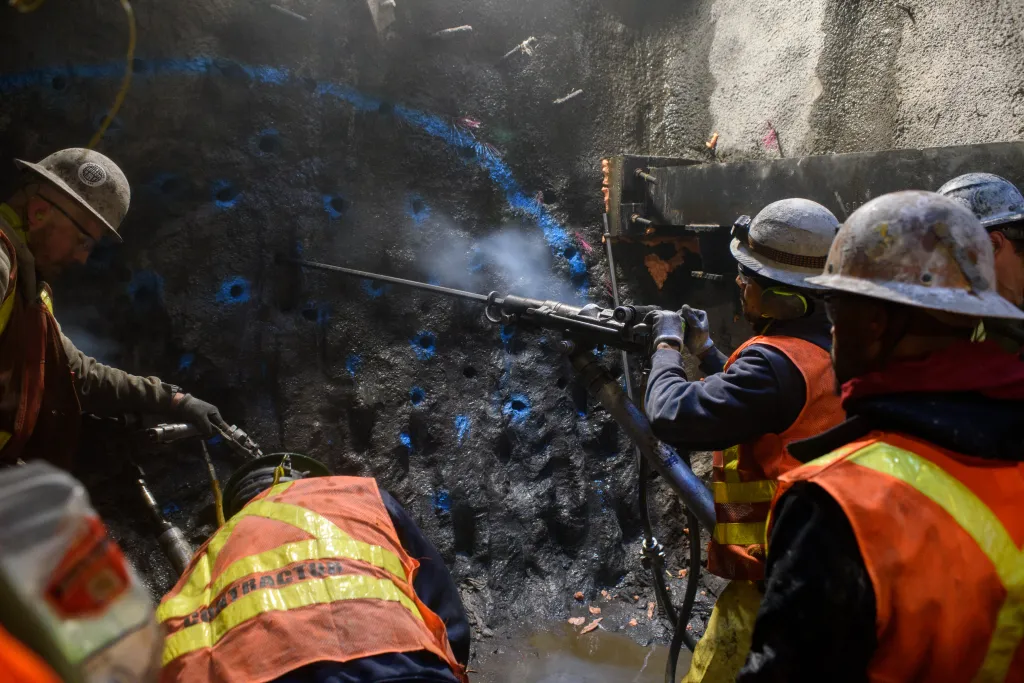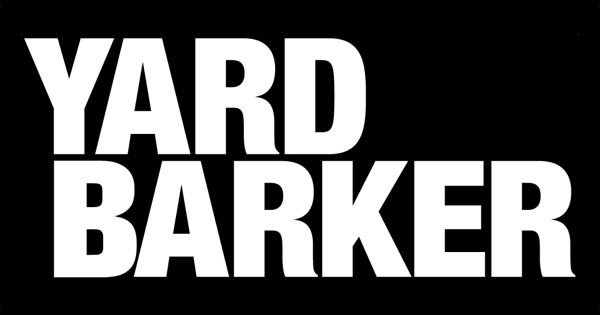
Thank the sandhogs if you have ever ridden the subway, crossed a bridge, or turned on your water in New York City. For more than a century, members of Compressed Air and Free Air Tunnel Workers, Local 147 (LIUNA), better known as the “sandhogs,” dug tunnels, laid foundations, and built the infrastructure that keeps this city moving.
I and other sandhogs work endless hours in extreme underground conditions, using dangerous machinery and facing unstable terrain. Twenty-three workers lost their lives during the construction of New York City Water Tunnel No. 3. Every day, our members risk their lives and limbs.
Yet, instead of thanking or respecting our work and risks, a Washington politician is launching an unprecedented attack to strip away our critical safety protections — and to do so in a manner that increases costs to taxpayers, and strips New York of its sovereignty.
The attack is spearheaded by upstate Congressman Nick Langworthy, who authored the so-called “Infrastructure Expansion Act of 2025 (H.R. 3548)” — known to us workers as the “Scofflaw Contractors Ride Free Act.”
Langworthy’s bill would deprive New York of any and all federal infrastructure funds unless the state guts the Scaffold Safety Law, or Labor Law §240, which sets out a simple principle: When a worker is hurt in a fall or from a falling object because owners or contractors failed to abide by safety standards, it is those owners and contractors who are financially responsible for workers’ health care and other injury-related costs.
New York has long refused to require injured workers or taxpayers to pay for damages stemming from scaffold safety violations committed by owners and contractors.
Yet, contractors, building owners and the Big Insurance Lobby want to require workers to pay a portion of these costs. They claim that the Scaffold Safety Law imposes “absolute liability” on them for any and all falling injuries to justify this drastic change. But these claims are false — and they know it.
Courts have repeatedly let contractors and owners off-the-hook entirely when a worker failure’s to use properly scaffold safety equipment is the sole proximate cause of an injury, or when workers are injured because they refused to follow safety protocols.
They also falsely claim that safety costs them too much. Despite these claims of crushing safety-related losses, insurers admit to regulators they don’t even track 240-specific costs. What they do track is profit: $169 billion in 2024, the highest ever for property and casualty insurers.
The Scaffold Safety Law’s purpose is to protect New Yorkers who perform the most dangerous type of construction work, specifically work at great heights. The law accomplishes its task by placing the onus for site safety on the entities with the power, status, and resources to provide this protection: site owners and general contractors.
By clearly assigning responsibility where it belongs, the Scaffold Safety Law creates accountability and thus safety.
Langworthy’s bill would upend that balance, shifting the liability standard and costs onto injured workers and their families. Injured workers would see their benefits slashed, while collectively bargained health, pension, and welfare funds would be forced to pick up the tab. Those funds exist to support working families, not to bail out negligent contractors.
The result would not only be devastating for workers, but costly for taxpayers. When union funds are drained, the burden shifts to Medicaid, Medicare, and Social Security Disability. Federal taxpayers end up subsidizing negligent contractors, creating a hidden bailout for unsafe and illegal construction practices.
This bill would also create serious financial risks for our union benefit funds. These funds are carefully managed to provide health care, retirement, and disability benefits to members and their families. Forcing worker benefit plans to pay for accidents caused by private negligence is both unfair and unsustainable.
This bill does not expand infrastructure. It undermines it. Weakening liability laws in this environment is not expansion; it is exploitation.
And it is noxious for Washington to leverage federal infrastructure funding to micro-manage state safety regulations. It should not be surprising that New York has different safety needs than Mississippi or North Dakota when it comes to construction projects.
On behalf of the men and women who dig the foundations of this city, we call on members of Congress and labor allies to reject Langworthy’s Scofflaw Contractors Ride Free Act, and affirm New York’s Scaffold Safety Law protections.



